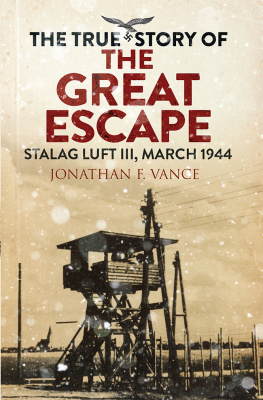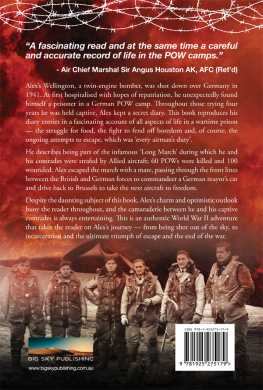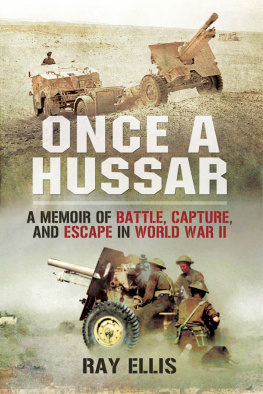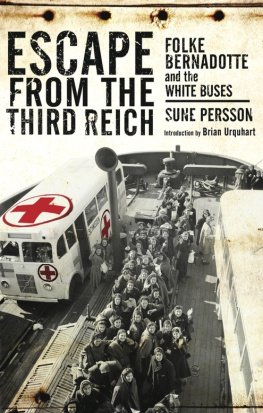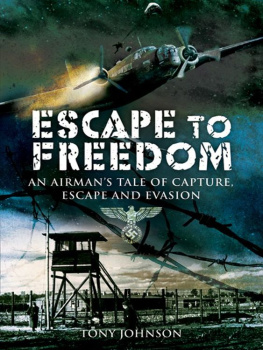First published in Great Britain in 2018 by
Pen & Sword Military
an imprint of
Pen & Sword Books Ltd
47 Church Street
Barnsley
South Yorkshire
S70 2AS
Copyright Frank Unwin, 2018
ISBN 978 1 52671 493 0
eISBN 978 1 52671 495 4
Mobi ISBN 978 1 52671 494 7
The right of Frank Unwin to be identified as Author of this work has been asserted by him in accordance with the Copyright, Designs and Patents Act 1988.
A CIP catalogue record for this book is available from the British Library.
All rights reserved. No part of this book may be reproduced or transmitted in any form or by any means, electronic or mechanical including photocopying, recording or by any information storage and retrieval system, without permission from the Publisher in writing.
Pen & Sword Books Ltd incorporates the Imprints of Pen & Sword Archaeology, Atlas, Aviation, Battleground, Discovery, Family History, History, Maritime, Military, Naval, Politics, Railways, Select, Transport, True Crime, Fiction, Frontline Books, Leo Cooper, Praetorian Press, Seaforth Publishing, Wharncliffe and White Owl.
For a complete list of Pen & Sword titles please contact
PEN & SWORD BOOKS LIMITED
47 Church Street, Barnsley, South Yorkshire, S70 2AS, England
E-mail:
Website: www.pen-and-sword.co.uk
Foreword
I n October 1938 war clouds were gathering and many men were volunteering to join the Territorial Army. My father, Frank Unwin, was unsuccessful in joining his fathers regiment, the 6 th Battalion of the Kings Liverpool Regiment, because it had a full complement and a long waiting list. However, in April 1939 it became clear that war was inevitable. Frank was again refused by the 6 th Battalion so he enlisted in his uncles 59 th Medium Artillery Regiment.
The 59 th now had sufficient men to form a sister regiment, and Frank found himself in the 68 th Medium Regiment. On the outbreak of war in September 1939 the regiment was mobilized. For a year they trained and later, when invasion was expected, they took up positions covering airfields for action against expected German parachute landings.
In September 1940 the regiment was set to be posted to Egypt. Frank was given two weeks embarkation leave. At the same time his younger sister Betty, aged twelve, was selected for child evacuation to Canada. Together Frank and Betty visited friends saying their farewells. Then Frank returned to his unit. However, before the unit left England, Frank received a telegram with the devastating news: Betty torpedoed. Come home if possible. Frank applied for leave, but embarkation was so imminent that he was refused. However, he felt that he had to be with his family and went absent without leave, hitchhiking through the night from High Wycombe to Liverpool, arriving home during a dawn air raid. The next day the family received the tragic news that Betty was not among the survivors. The following day, Frank felt that he could do no more so returned to his regiment, leaving his family home just before the Military Police arrived looking for him. Back at High Wycombe, Frank went before the battery commander. He was offered sympathy, and no punishment was handed out. The following day, the regiment was transported to Liverpool docks and sailed to Egypt.
After acclimatization in Cairo, Franks regiment joined the Western Desert Forces to act as cover for the 6th Australian Division. The Italians were driven back into Libya as far as Benghazi, at which point the regiments guns were no longer needed and his unit returned to Cairo.
Franks unit then joined the ill-fated expedition to Greece, where 60,000 Allied troops were sent to support the Greek army. The eventual German invasion of Greece was sufficiently strong to overwhelm the Allied force and, with no air cover to defend them against the incessant Stuka dive bomber attacks, the Allies were forced to retreat to Athens. Eventually, with no more diesel available in Greece, the gun-towing lorries were of no further use; orders were received to spike the guns and drive all unnecessary vehicles into the sea. Using their remaining vehicles, the troops set off to Athens.
They were then evacuated by ship from a beach near Athens. Frank and half his unit landed on Crete and were transported to Heraklion, where they were equipped with light artillery guns which had been captured from the Italians in Libya. The Allied troops formed two bridgeheads, at Maleme and Heraklion. The Germans soon launched their offensive in the Battle of Crete, dropping a great force of parachutists. After ten days the Maleme bridgehead ran out of ammunition and became indefensible. The military authorities in Cairo decided at that point to evacuate all Allied troops to Egypt. Frank was picked up by a Royal Navy cruiser, HMS Orion. During the voyage to Egypt, after day-long attacks by Stukas, the Orion sustained colossal damage and heavy loss of life, but she eventually managed to reach port at Alexandria. After some months of rest, Franks unit returned to the western desert, where they faced Rommels Afrika Korps. In June 1942 the garrison at Tobruk was overwhelmed and Frank was captured.
Until now Franks war had included a strange mixture of periods of inaction whilst waiting for attacks that didnt come, times of intense fear as he came under attack from Stuka dive bombers and Messerschmitt fighters, and surreal periods of relaxation as he enjoyed the bars, cinemas and night clubs during periods of acclimatization in Cairo and Alexandria.
Capture was to change everything. However, Franks war was not yet over and would continue to be a mixture of those same extremes: tedium, fear, excitement and pleasure; but added to these would be periods of sustained hardship, difficult for anyone to imagine if they have not seen service in war.
From an early age Frank had been a resilient and independent child. Born in Liverpool in 1920, he was the eldest of four children. His father ran a grocery store in Kirkdale. Together with his brother and two sisters, Frank had a happy and adventurous childhood, playing with local children in the street and enjoying holidays on the Wirral and in North Wales with his family. He had the freedom of the countryside and consequently became very independent. From the age of six he frequently spent weekends with his Auntie Sis on the Wirral; unescorted, he took the tram bound for Liverpool Pier Head and then a ferry across the Mersey to Birkenhead and a bus to the village of Stoureton.
At eight years old Frank joined the Life Boys and at twelve transferred to the Boys Brigade, in the evenings engaging in activities such as drills, first aid, wayfarers and gymnastics. In the Boys Brigade he also took part in hiking, playing cricket and Sunday morning parades with the band. From the age of eleven to seventeen Frank attended the Liverpool Collegiate School. He then worked with a firm who specialised in camping and outdoor equipment until he joined the Territorial Army, aged eighteen.


